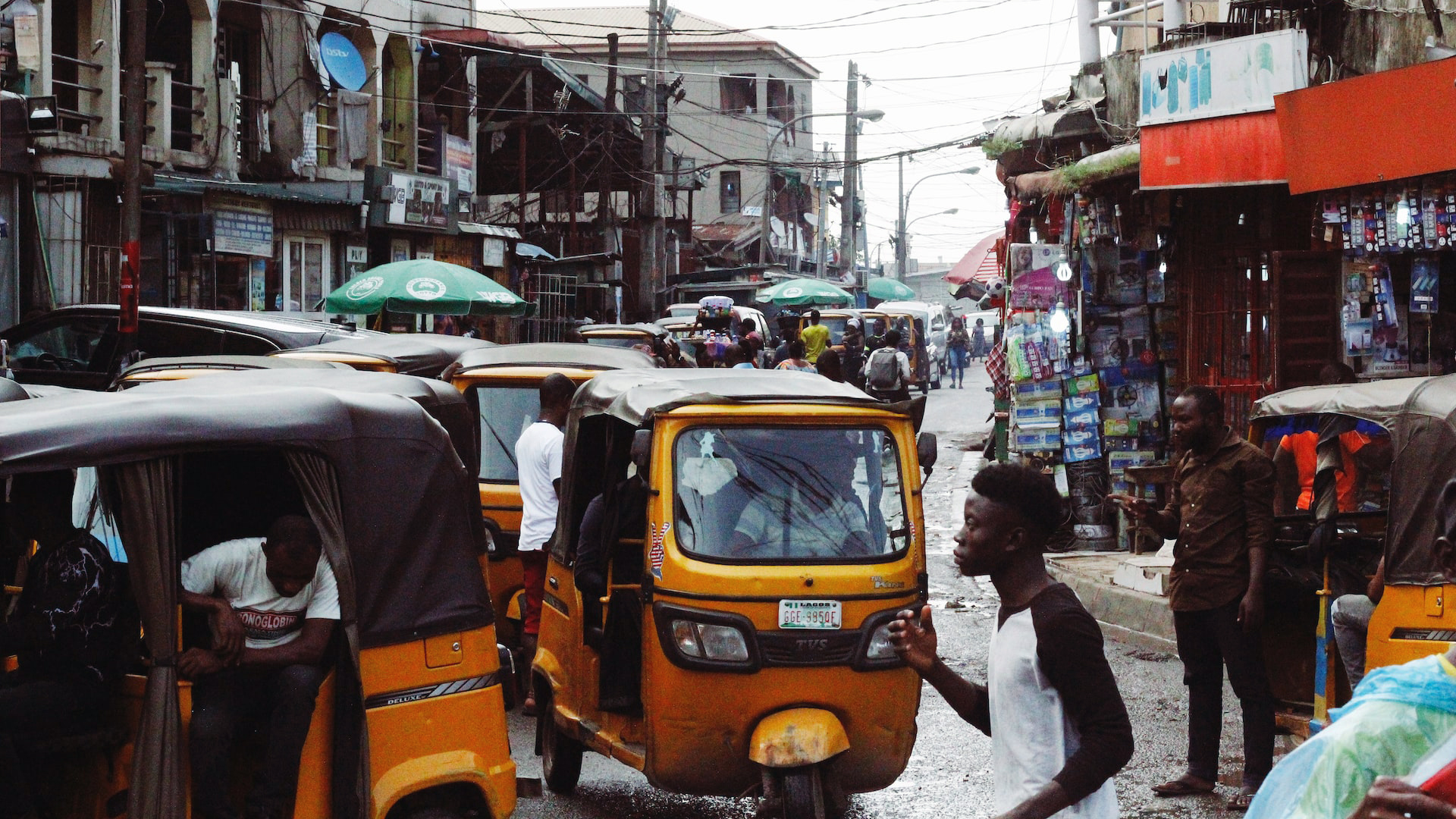The election in Nigeria has come and gone but the heated discussions on corruption and the division among religious groups and tribes is still very present. Read the analysis about Nigeria’s post election blues by Yinka Olaito, editor of Nigeria Grassroot News.
The opinions expressed in this article are those of the writer.
June 12 had become the new democracy day, it used to be on May 29th before it was shifted. Beyond the euphoria which preceded the elections, with several forecasts of violence across the nation, the challenge of the division, tribalism, anger and hatred among the people continue to be a major inferno which had not been quelled till date.
In pre-election days, many youths were interested in good leadership which is premised on personalities with private and public life integrity. The youth believed if this is guaranteed other factors could fall in place. So while the economy, climate change, education, housing, health among others could have thoroughly been discussed with capacity of the individuals’ that presented themselves for public offices, many other factors wielded greater influence.
One of the major challenges a keen observer noticed was the fact that the three major contenders came from the three major tribes: Hausa, Yoruba and Igbo. More than ever before, this fuelled the amber of ethnicity Nigeria had been trying hard to overcome. A secondary point to this was the issue of religion. A vocal point of discussion was the fact that one of the major parties fielded Muslim-Muslim ticket which was considered a flagrant disregard to other major religions in the nation.
Another major issue which raised its head bothered on corruption. Two of the political parties’ flag bearers were also perceived to be corrupt and this became a major discussion on social platforms. Many believed these two individuals’ source of wealth could not be ascertained and that they probably had used previous public office days to amaze wealth. Some therefore believed if any of these two individuals were elected it could be a continuation of corruption which could delay national growth.
There was “an obedient movement” which sprang up to defend one of the candidates. This movement has its strength in the youth segment plus a handful of elderly folks across the nation. Though the strength of this movement was not widespread, it wielded strong influence. Many believed it was a revolution against corrupt and long standing politicians who had been in power for over 60 years. But the deficiency of this group was also seen in the fact that there was not concrete ideology except the fact that it was built around a personality.
Many ‘obedients’ did not ask questions about policy direction and plans for the nation in terms of economy, education, health etc. Average ‘obedient’ just believed since the individual, the rallying point of the movement, seemed to be perceived as not corrupt and had a level of contributions to the state he had governed he could deliver. Religion also plays a big role in the choice of obedient movement. The fact that the leader is the only one noted with the other big religion in the nation also strengthens this union.
Given the above background, the level of hatred, tribalism, ethnicity, religious bigotry that showed up in the conversations that led to the elections in Nigeria are still very fresh and continue to dominate discussions.
The elections had come and gone, but since many obedient group members felt the elections were rigged in favour of a candidate, this the Independent National Electoral Commission, had denied and encouraged aggrieved members of the society to go to court to seek redress; tell tales of anger, hatred, ethnicity and fuelling of religious issues continue to be a major factor.
Many noted Nigerians like Father Mathew Kukah amidst others had claimed 2023 general elections had created a higher level of division along religion and tribes than ever before.
Many obedient movement members had refused to accept the President-elect as truly reflecting the wishes of the people as they continue to wish that he is not sworn in on June 12, 2023.
Some Nigerian Media too had not been neutral. It has been difficult not to see the dividing lines and political bent of some of these media houses. Instead of being a voice of balance, many like what obtains in the United states of America, some media houses are seen as ‘Fox TV while others are seen as CNN’ in terms of ideological differences held and expressed.
As the inauguration date for the new elected political officers draws near, the level of perceived hatred against the President-elect by some sections of the society seems to be on the increase and some even wish he is never lived or allowed to be sworn-in. This is the height of it. The Nigeria division at this time will not help. Whatever had happened, before and during elections must be properly managed. Nigerians need to move on and join hands to build a nation that will accommodate and serve everyone’s purpose.
Yinka Olaito
Editor of Nigeria Grasroot News
Read also:


